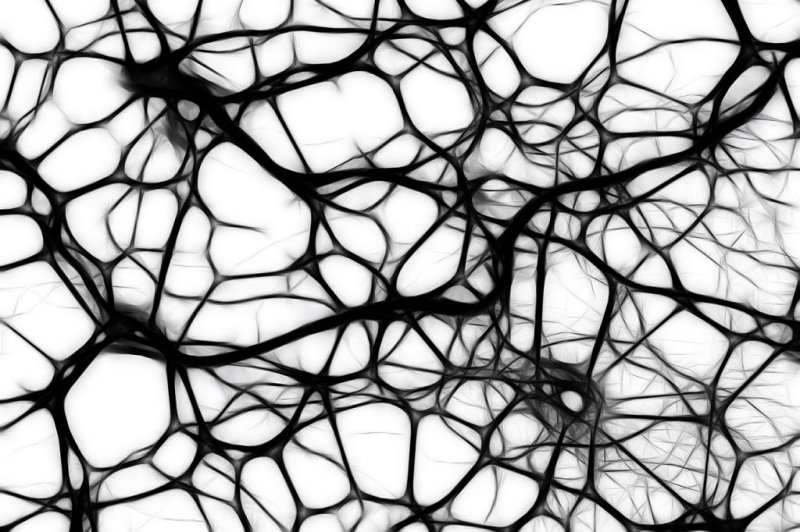A "brake" mechanism in adult brains was found to function as an amplifier for neural signals in neonatal mice. Photo by
geralt/Pixabay
WASHINGTON, Oct. 11 (UPI) -- A new study has identified a special "amplifier" in fetal brains that boosts weak signals during an early phase of development when neural connections are still developing.
Using neonatal mice, George Washington University researchers examined the cerebral cortex and thalamus areas of the brain as they developed. In adults, they note, activity in the eye is transmitted to the thalamus and sent back to the cerebral cortex without amplification. During this process, the signal passes through a feedback pathway that acts as a brake.
When brains are developing, however, feedback input from the cortex multiplies the input signal from the retina, causing massive amplification. Authors of the study, published online in eLife, say this amplification is needed to ensure accurate and powerful information transfers.
"Our question is, what is the brain of the fetus doing? We know it's active, and we know it's generating spontaneous activity, but we also know the circuits are very weak," lead researcher Mathew Colonnese explained in a press release. "Brain activity in a pre-term infant is large -- 10 times larger than that of an adult. At the same time, circuits have just ten percent of the connection of an adult. The question became how the activity gets through. That's when we started looking for amplifiers and through our research, identified one of these amplifiers."
The amplification mechanism examined in the study is only temporary, and stops when neural connections are stronger after the fetal period ends. The research team questions if problems with this cessation may lead to serious disorders such as epilepsy.
"Research on the fetal brain is so new, and there is so much we don't yet know -- it's like going to the moon," Colonnese added. "More research is needed to learn about overall fetal brain development and the significance of this amplifier."















